Indigenous Governance Database
IGD Database Search
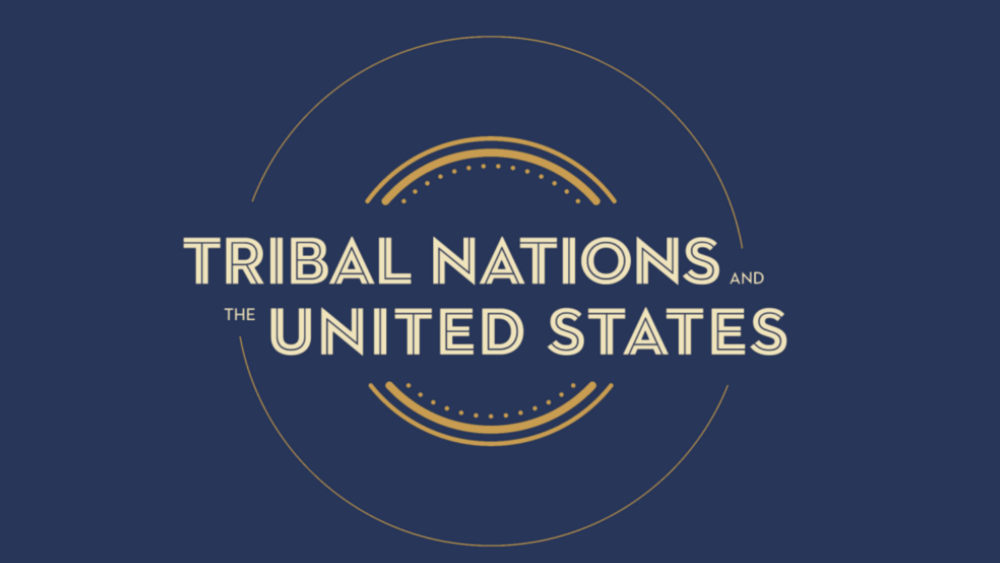
Tribal Nations and the United States: An Introduction
Tens of millions of Indigenous peoples inhabited North America, and governed their complex societies, long before European governments sent explorers to seize lands and resources from the continent and its inhabitants. These foreign European governments interacted with tribes in diplomacy, commerce…
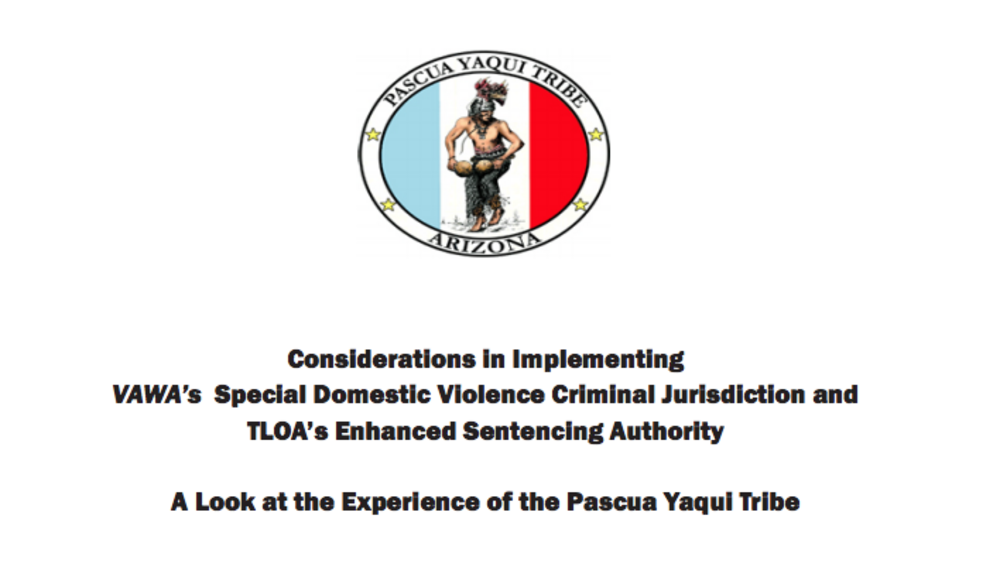
Considerations in Implementing VAWA's Special Domestic Violence Criminal Jurisdiction and TLOA's Enhanced Sentencing Authority: A Look at the Experience of the Pascua Yaqui Tribe
On February 20, 2014, pursuant to the Violence Against Women Reauthorization Act of 2013 (VAWA 2013), the Pascua Yaqui Tribe was one of only three Tribes across the United States to begin exercising Special Domestic Violence Criminal Jurisdiction (SDVCJ) over non-Indian perpetrators of domestic…
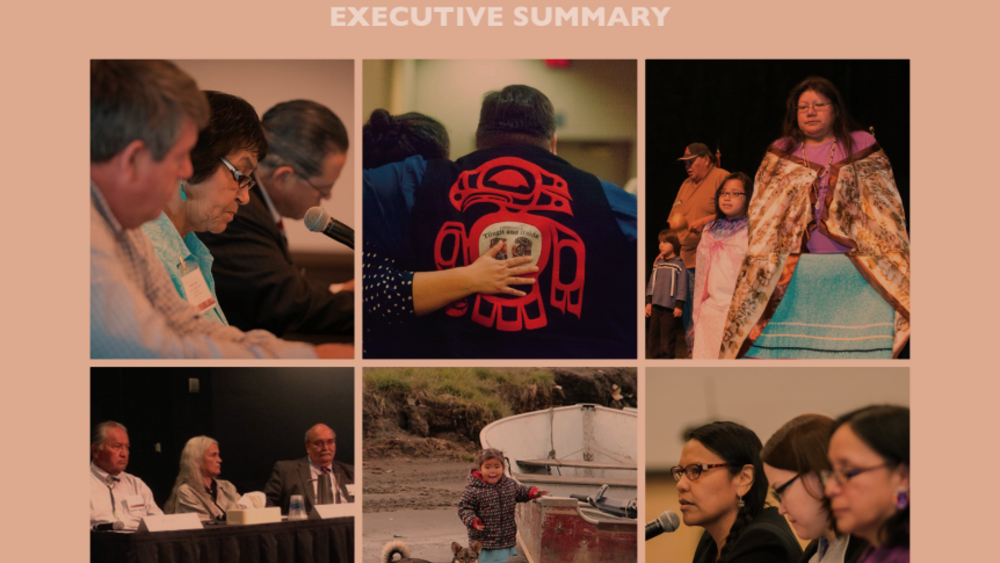
Attorney General's Advisory Committee on American Indian/Alaska Native Children Exposed to Violence: Ending Violence so Children Can Thrive
This report was created as part of the Defending Childhood Initiative created by Attorney General Eric H. Holder, Jr. This initiative strives to harness resources from across the Department of Justice to: Prevent children's exposure to violence. Mitigate the negative impact of children's…
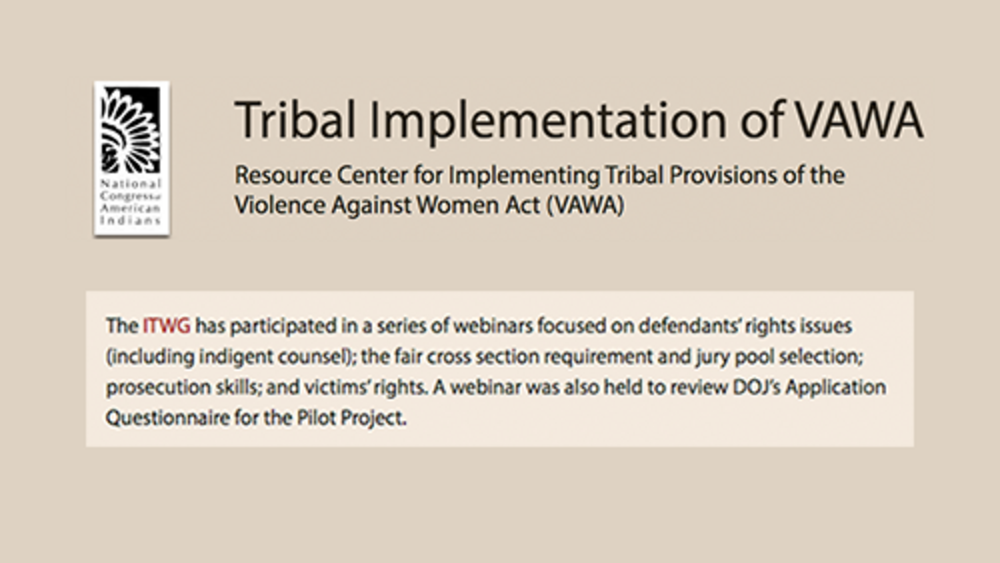
Resource Center for Implementing Tribal Provisions of the Violence Against Women Act (VAWA): Webinars
The Intertribal Technical-Assistance Working Group on Special Domestic Violence Criminal Jurisdiction (ITWG) has participated in a series of webinars focused on defendants' rights issues (including indigent counsel); the fair cross section requirement and jury pool selection; prosecution skills;…
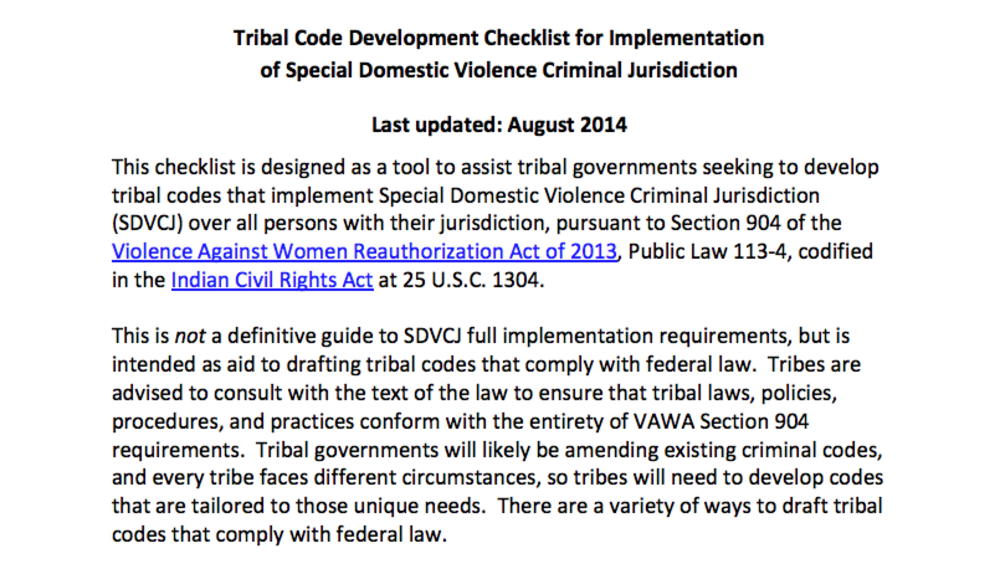
Tribal Code Development Checklist for Implementation of Special Domestic Violence Criminal Jurisdiction
This checklist (click to download) is designed as a tool to assist tribal governments seeking to develop tribal codes that implement special domestic violence criminal jurisdiction (SDVCJ) under section 904 of VAWA 2013. Tribal governments will likely be amending existing criminal codes, and every…
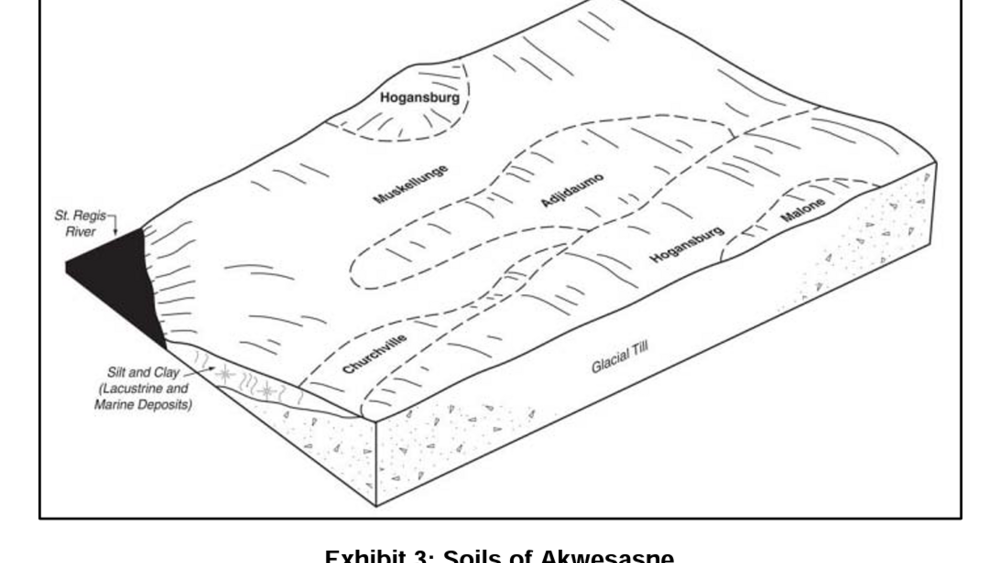
Climate Change Adaptation Plan for Akwesasne
The Saint Regis Mohawk Tribe’s (SRMT) Environment Division is investigating the impacts of climate change on the resources, assets, and community of Akwesasne and is developing recommendations for actions to adapt to projected climate change impacts. This plan is a first step in an effort to…
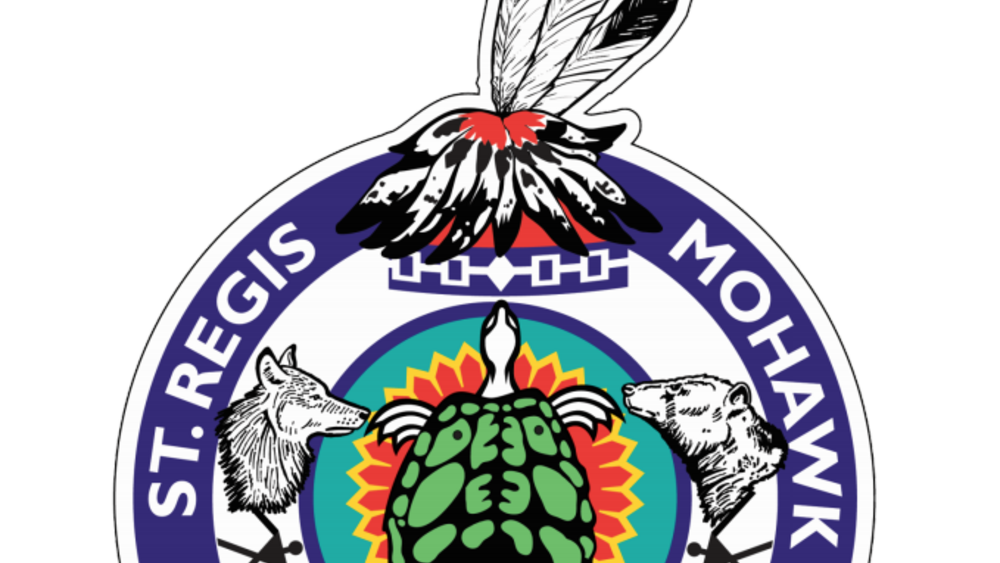
Saint Regis Mohawk Tribe: Climate Change and Adaptation Planning for Haudenosaunee Tribes
Tribes are beginning to identify potential climate change impacts on their cultural and environmental resources and to develop climate change adaptation plans. The Saint Regis Mohawk Tribe, located in New York and Canada, is in the early stages of adaptation planning. The Tribe is bringing together…
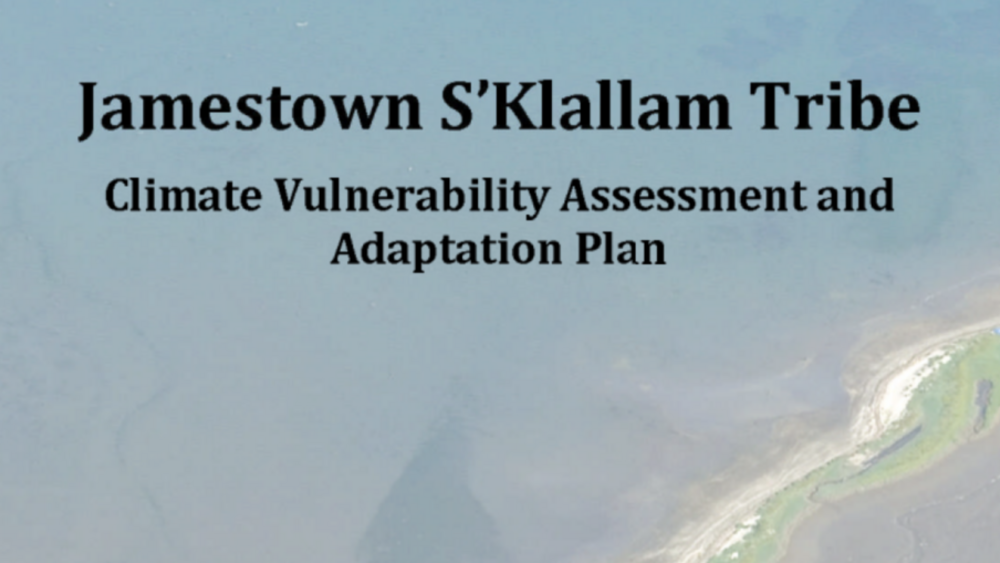
Climate Change Vulnerability Assessment and Adaptation Plan
Jamestown S'Klallam Tribal Citizens and their descendants reside in a landscape that has sustained them for thousands of years, the Olympic Peninusula of Washington State. Particularly over the last two centuries, the Jamestown S'Klallam people have successfully navigated a variety of soceital…
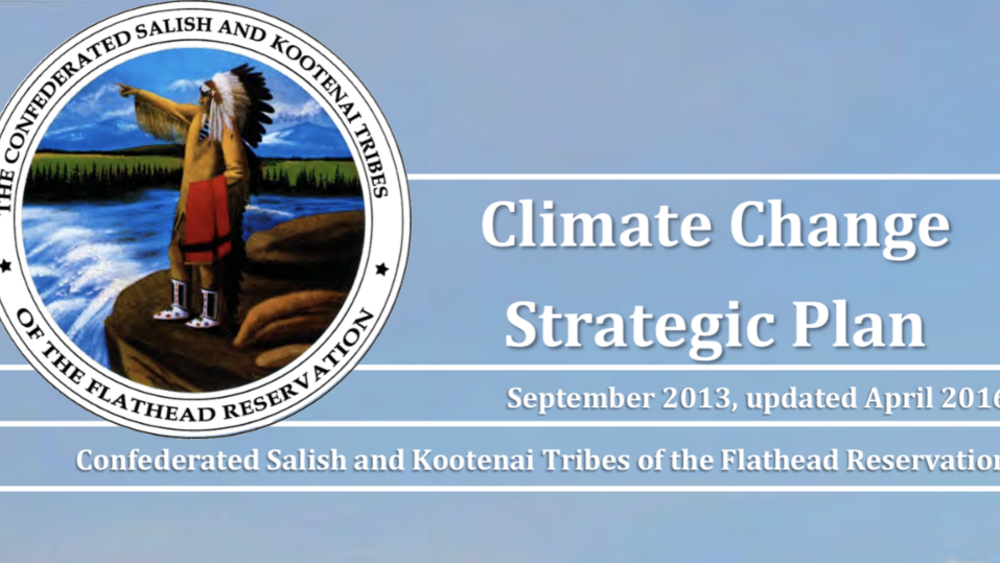
Confederated Salish & Kootenai Tribes Climate Change Strategic Plan
Overwhelming scientific evidence demonstrates that human inputs of greenhouse gases are almost certain to cause continued warming of the planet. (Environmental Protection Agency, 2013) The Northwest has already observed climate changes including an average increase in temperature of 1.5°F over the…
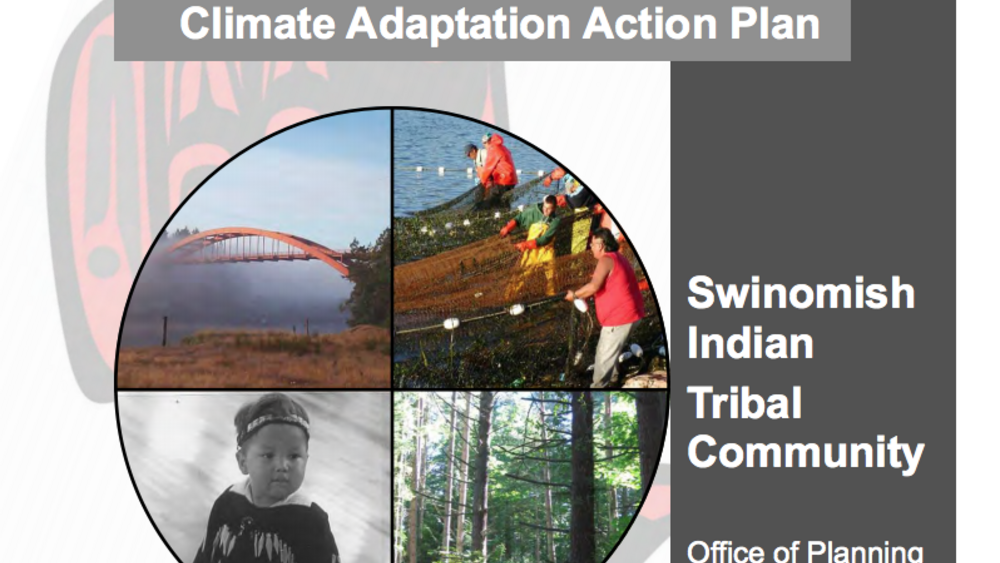
Swinomish Climate Change Initiative: Climate Adaptation Action Plan
In the fall of 2008 the Swinomish Indian Tribal Community started work on a landmark two-year Climate Change Initiative to study the impacts of climate change on the resources, assets, and community of the Swinomish Indian Reservation and to develop recommendations on actions to adapt to projected…
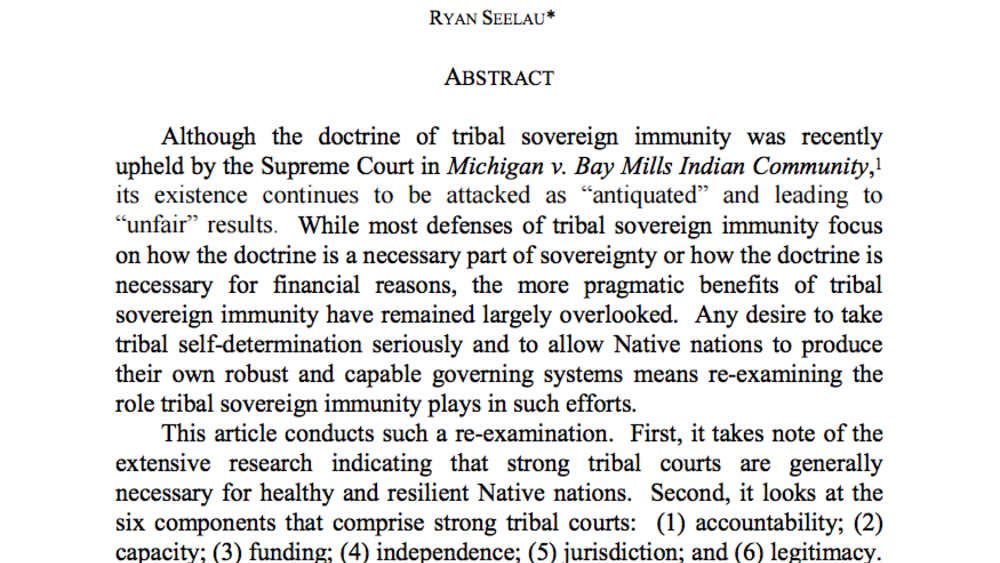
In Defense of Tribal Sovereign Immunity: A Pragmatic Look at the Doctrine as a Tool for Strengthening Tribal Courts
Although the doctrine of tribal sovereign immunity was recently upheld by the Supreme Court in Michigan v. Bay Mills Indian Community, its existence continues to be attacked as antiquated and leading to unfair results. While most defenses of tribal sovereign immunity focus on how the doctrine is a…

On Improving Tribal-Corporate Relations In The Mining Sector: A White Paper on Strategies for Both Sides of the Table
Mining everywhere is inherently controversial. By its very nature, it poses hard economic, environmental, and social tradeoffs. Depending on the nature of the resource and its location, to greater or lesser degrees, the mining process necessarily disturbs environments, alters landscapes, and…
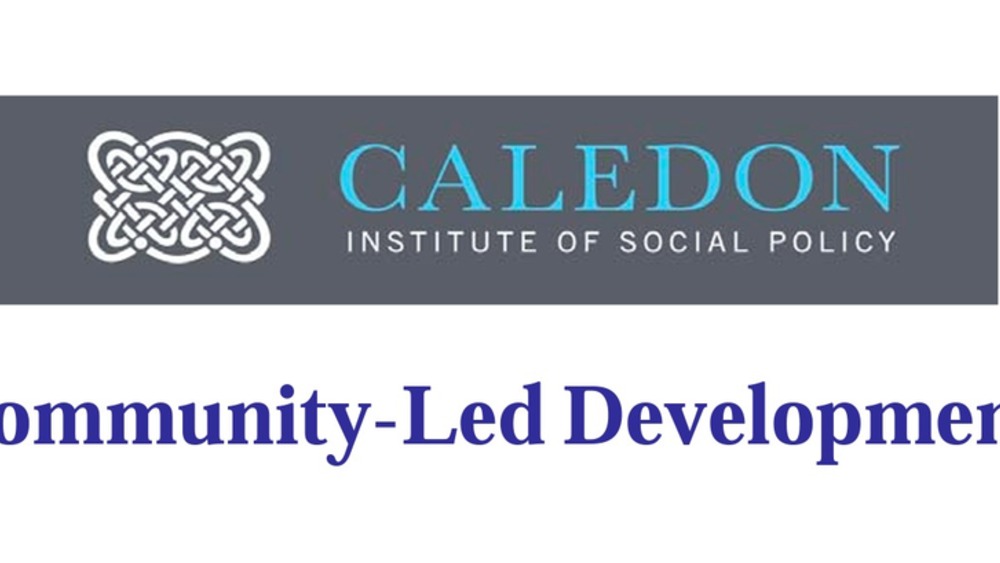
Community-Led Development
The purpose of this paper is to explore the concept and practice of community-led development. It is an approach to tackling local problems that is taking hold throughout the world. While its expression may vary depending upon the community and the specific area of focus, there are nonetheless some…

Aboriginal Youth Entrepreneurship: Success Factors and Challenges
Aboriginal people (First Nations, Métis and Inuit) and their communities in the north face many obstacles and challenges. There are, however, tremendous opportunities to promote and enhance Aboriginal participation in the economy. Aboriginal youth entrepreneurs are key to building a healthy…
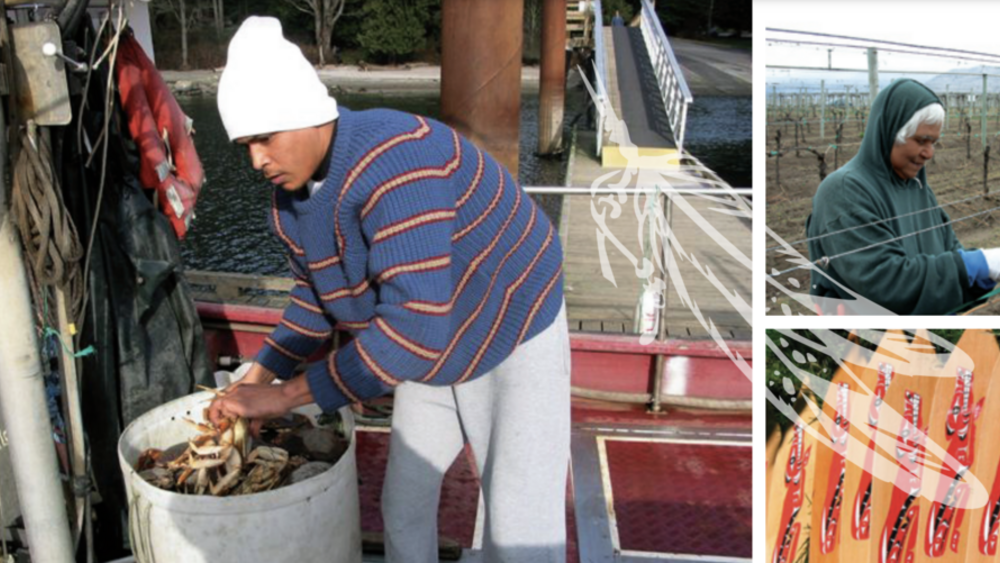
Journey to Economic Independence: B.C. First Nations' Perspectives
There are two approaches to economic development being pursued by the participant First Nations. One is creation of an economy through support for local entrepreneurs and the development of their individual enterprises (i.e. Westbank First Nation). The other is creation of an economy through…
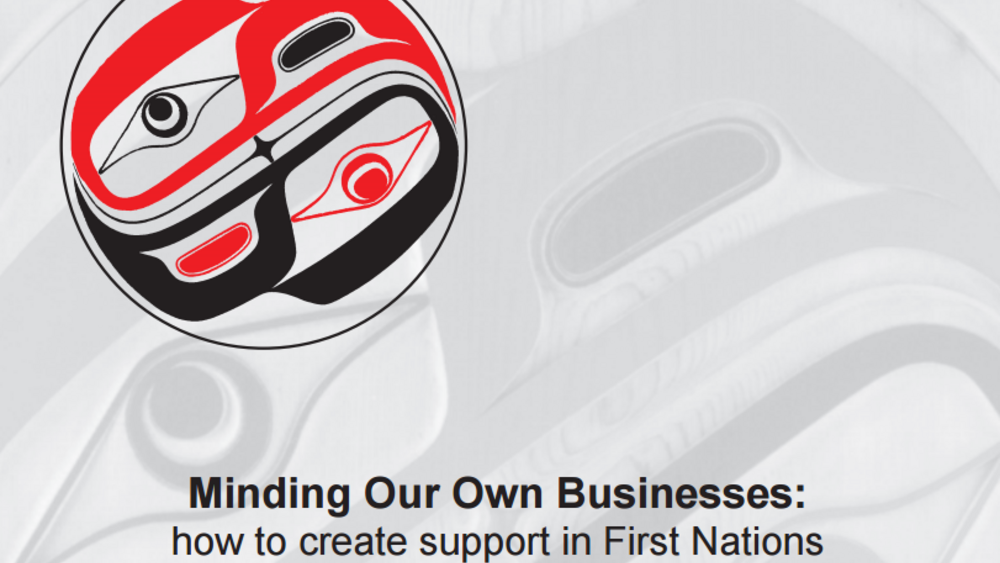
Minding Our Own Businesses: how to create support in First Nations communities for Aboriginal Business
The purpose of the project was to investigate what other First Nations have done to support their small business operators, and to create a process to look at what could be done in your community...
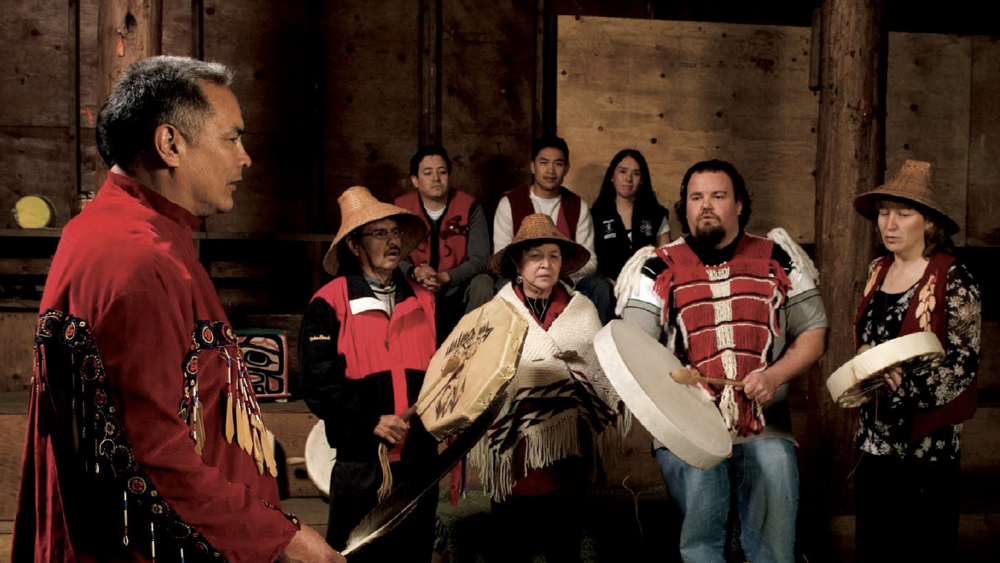
First Nations Communications Toolkit
The First Nations Communications Toolkit is a unique resource jointly developed by Indian and Northern Affairs Canada, BC Region, and Tewanee Consulting Group. This Toolkit was designed explicitly for First Nations communicators and is based on input from First Nations communicators and…
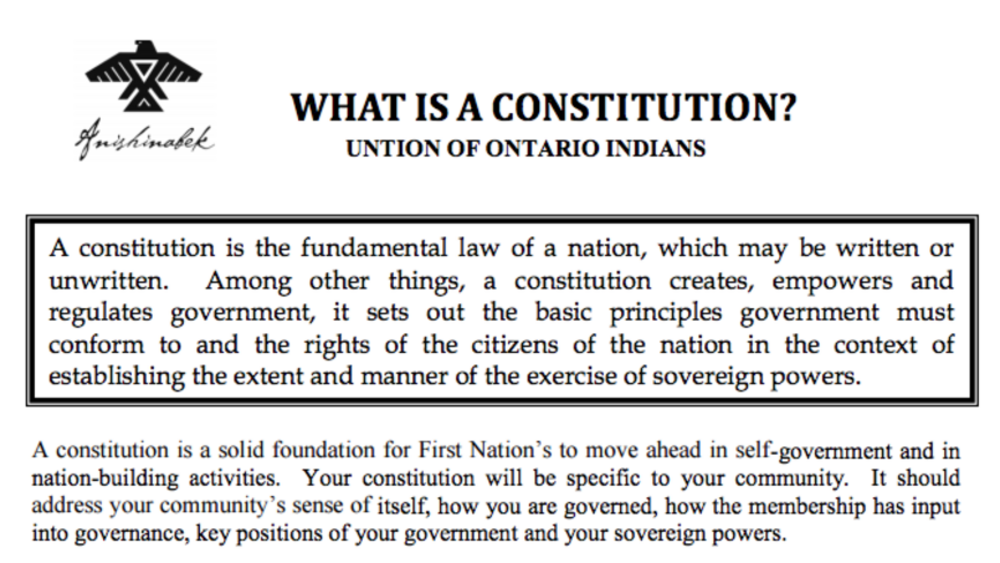
First Nation Constitutions
A constitution is a solid foundation for First Nations to move ahead in self-government and in nation-building activities. Your constitution will be specific to your community. It should address your community's sense of itself, how you are governed, how the membership has input into governance,…
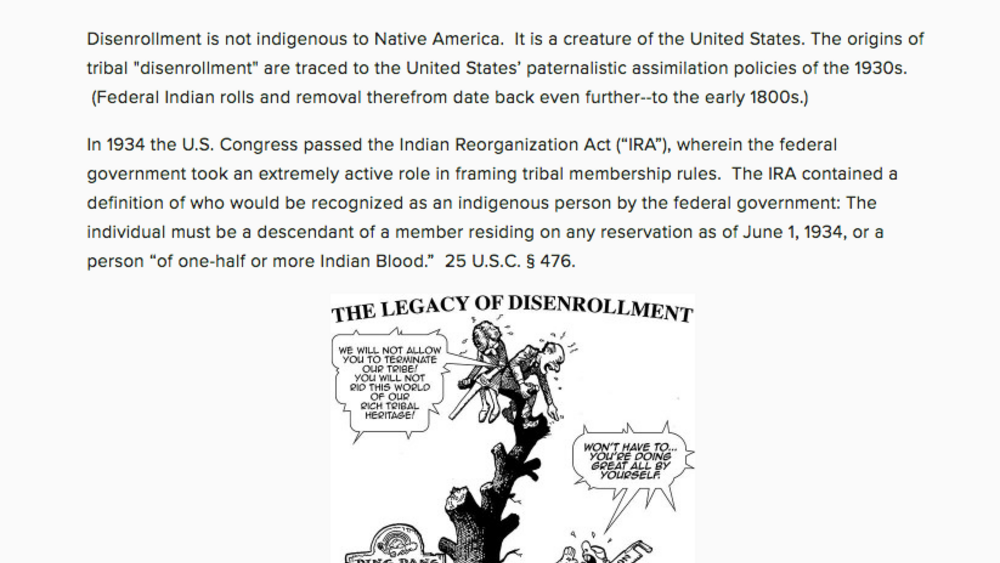
An Essay on the Federal Origins of Disenrollment
Disenrollment is not indigenous to Native America. It is a creature of the United States. The origins of disenrollment are traced to the United States’ paternalistic assimilation policies of the 1930s. In 1934 the U.S. Congress passed the Indian Reorganization Act (“IRA”), wherein the federal…
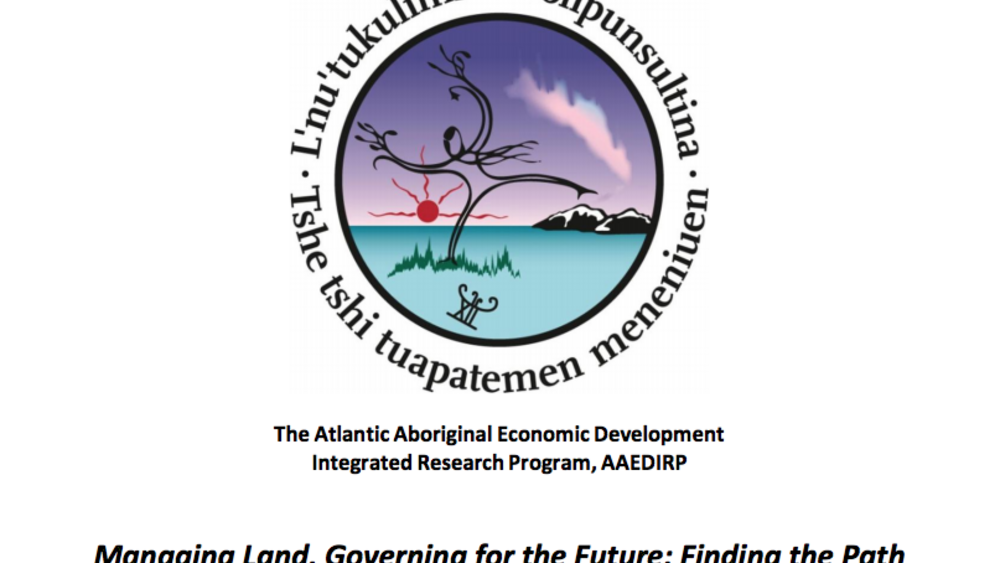
Managing Land, Governing for the Future: Finding the Path Forward for Membertou
This in-depth, interview-based study was commissioned by Membertou Chief and Council and the Membertou Governance Committee, and funded by the Atlantic Aboriginal Economic Development Integrated Research Program to investigate methods by which Membertou First Nation can further increase its…
Pagination
- First page
- …
- 72
- 73
- 74
- …
- Last page
